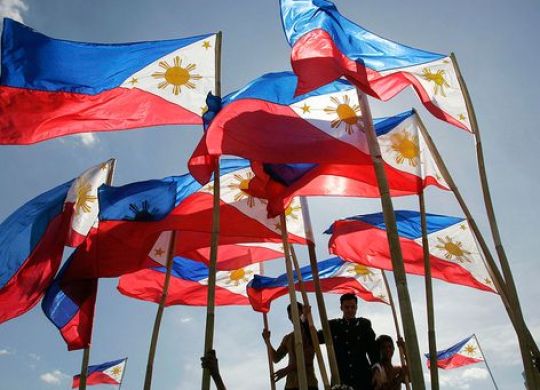Work and employment in Equatorial Guinea: economic structure, visa for foreigners
Table of contents

The Republic of Equatorial Guinea is a state located in Central Africa with a population of about 1.4 million people. Until 1968, the country was a colony of Spain, after which it gained independence. In the 1980s, as a result of geological exploration, significant reserves of oil and gas were discovered in the bowels, after which the country's economy began to develop rapidly.
By 2017, Equatorial Guinea had dropped out from the list of least-developed countries, which contains most of the countries in Africa. However, energy revenues are unevenly distributed and the majority of the population suffers from poverty. However, its situation is better than in neighbouring states, so many foreigners from nearby countries come to Equatorial Guinea.
The structure of the economy of Equatorial Guinea
The country's GDP consists of three main areas:
• industry — 93.3%;
• service sector — 4.2%;
• agriculture — 2.4%.
At the same time, the industry is represented in various directions. In particular, the extraction of oil and gas, as well as the processing of energy resources. Equatorial Guinea is a producer and exporter of liquefied natural gas. The main consumer of this resource is the United States.
In 1996, significant oil reserves were discovered in the country. This led to the rapid development of the mining and oil refining industries. Companies from many countries began to supply equipment for these industries. This trend continues to this day. Both local residents and citizens of nearby countries work in the mining sector. Maintenance of equipment is mainly carried out by representatives of manufacturing companies. They receive high wages.
As of 2019, the average salary in the country was $255, which is high among other African countries. For this reason, foreigners from neighbouring countries come to work in Equatorial Guinea or for permanent residence in the territory of this country.
In addition to oil and gas, reserves of the following natural resources have been discovered in Equatorial Guinea: titanium, iron ore, alluvial gold, uranium, and manganese. These industries are not as developed, but the trend toward their growth continues. Many foreigners work here. Basically, in lower positions, as workers. At the same time, they receive high wages.
Also, a significant part of the economy of Equatorial Guinea is agriculture and fishing. Part of agricultural crops is consumed in the country, the other part is exported. In particular, cocoa, coffee, bananas, and coconuts are exported. In addition, rice, cassava, and yams are grown. Agriculture is mainly employed by local residents. Wages in this industry are low, but there is constant growth in the agricultural industry due to investments in it from oil revenues.
Equatorial Guinea work visa
Citizens of other states have the right to work in the territory of Equatorial Guinea only if they have a work visa. It is not allowed to work without this document. If a violation is detected, a foreigner faces a fine and deportation from the country!
Before you get a visa, you need to find an employer who will give you a job offer. You can do this yourself or through an intermediary. You can find a job on your own on specialized sites, groups in social networks, and forums. The easiest way is to seek help from an intermediary who will not only help you find a job but also help you complete all the necessary documents, as well as provide legal support.
In some cases, the list of documents may differ, but in most cases, in order to obtain a work visa, you must present the following documents at the embassy or consulate:
- foreign passport (with a minimum period of 6 months from the moment of crossing the border, if you have an old passport, it is also required);
- an invitation from the employer;
- brief information about the position in which it is supposed to work and the salary level;
- certificate of vaccination against yellow fever;
- medical insurance;
- 2 typical passport photos sized 3.5×4.5 cm;
- receipt of payment of the consular fee;
- confirmation of financial solvency (bank statement on the availability of funds necessary for living for the first time).
A work visa is issued for a maximum of 6 months with a subsequent extension of 3 months. The cost of a work visa is about 200 euros (depending on the country in which it is issued, while there is a tendency for the visa to become more expensive). In order to get to know the country better and know the rules for crossing the border and other nuances, it is recommended to buy a checklist that contains up-to-date information about Equatorial Guinea.
Recommended articles
3 min
Employment
Employment in the Philippines in 2024: features of the labor market and popular vacancies (updated)
The Philippines is not only a tropical travel paradise, but also a great place to live permanently. This island country can offer favorable employment conditions for foreigners. Find out more about the peculiarities of the labor market, salaries and the most popular vacancies in the Philippines in 2024
12 May. 2024
More details5 min
Work
4 min
Residence permit
6 min
Education
All materials and articles are owned by VisitWorld.Today and are protected by international intellectual property regulations. When using materials, approval from VisitWorld.Today is required.